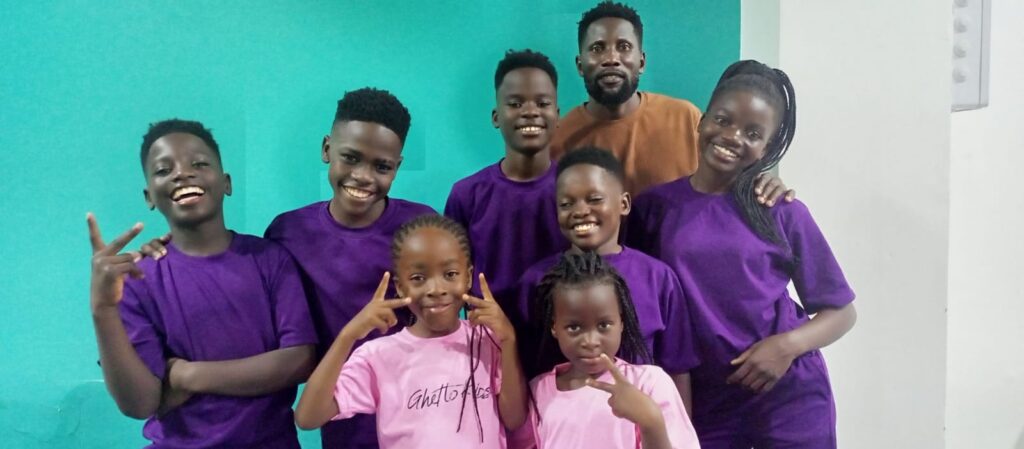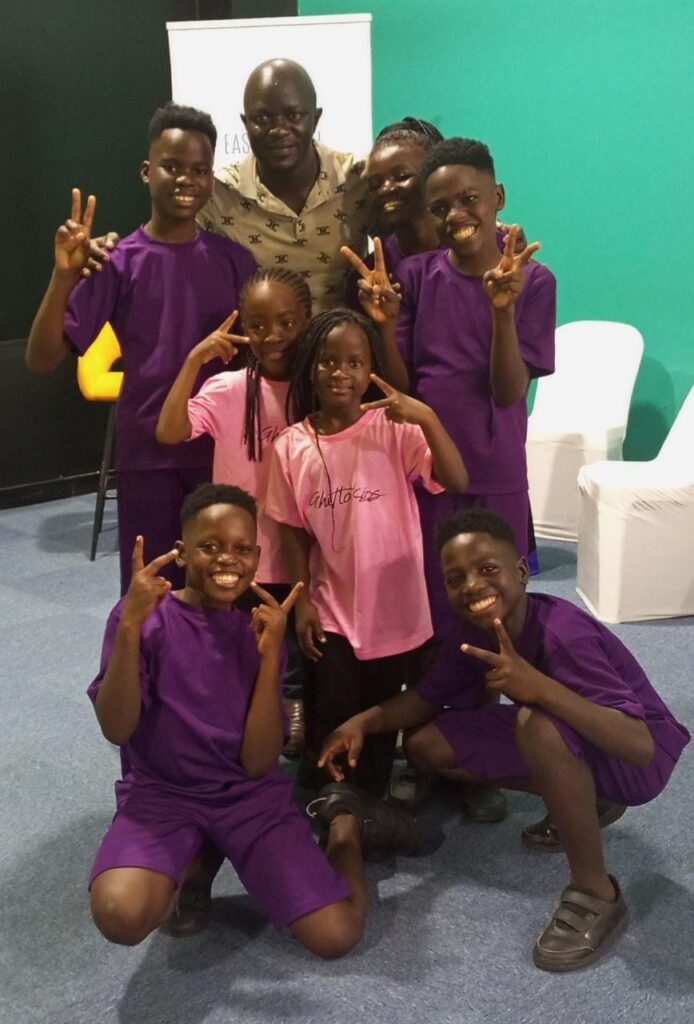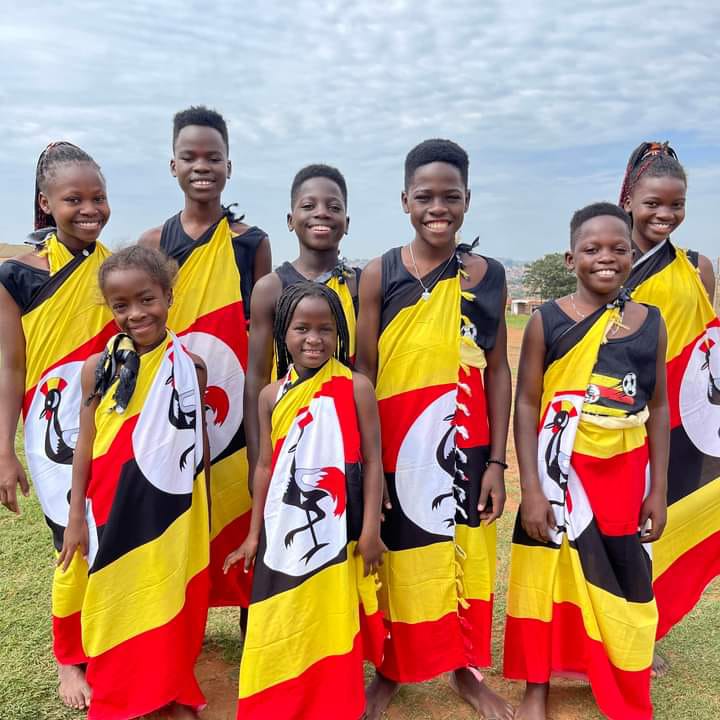Imagine performing before an audience of over five billion people?
This is what awaits the Uganda’s famous slum children dance group, Gheto Kids at the 2022 World Cup opening ceremony in Qatar this Sunday.
“We have performed in many events in different countries across the globe, but this will be the biggest stage for us,” said 35 year old Dauda Kavuma, the group Manager.
According to reports by The Peninsula, an English language daily newspaper published from Doha, Qatar, at least five billion people are expected to watch the event.
We have performed in many events in different countries across the globe, but this will be the biggest stage for us
Dauda Kavuma
This is 1.5 billion people more compared to those who watched the 2018 World Cup in Russia.
The publication reported that in 1969, 652 million people, an equivalent of a fifth of the world’s population then, watched the live global broadcast of Apolli 11 Moon landing.
“Sixteen years later, the original Live Aid concert on July 13, 1985 was watched by an estimated global audience of 1.9 billion across 150 countries,” reported The Peninsula.
But with the penetration of television and digital spaces, The Peninsula predicts that at least five billion people will watch the World Cup 2022 opening ceremony.
Media Challenge Initiative
When Lake Region Bulletin caught up with Gheto Kids last week, Mr Kavuma was holding his breath.
The group was performing at Media Challenge Initiative event at Kabalagala in Uganda’s capital, Kampala.
“This is huge,” said Kavuma.

For ten years, the group has performed in various events, but 2022 World Cup stage was never their dream.
The team landed in Doha on Tuesday morning ahead of their performance on December 2, during the opening ceremony of the competition at the 60, 000 seater Al Khor’s Al Bayt Stadium.
The World Cup matches will take place across eight stadiums in Qatar.
The genesis
In 2013, Kavuma founded the group with just three kids.
Kavuma was born in a polygamous family, with 30 siblings from his father’s six wives, in Butambala, Central Uganda.
His father died when he was barely 10, while a Primary Four pupil.
When my father died, I had to go to the streets to make ends meet
Dauda Kavuma
“When my father died, I had to go to the streets to make ends meet,” said Kavuma.
He found a Good Samaritan who found him in a football pitch.
“He liked my talent, and promised to support me if I score three goals in the match,” he said.

Kavuma met the target and the Good Samaritan offered to get him back to school.
He went back to school, later becoming a primary school teacher.
“When I got the opportunity, I also pledged to one day help one kid,” he added.
And in 2013, he got down to actualize his dream, offering to help some three kids realize their talents.
He founded the Inspire Triplets Gheto Kids, targeting Orphans and disadvantaged families.
The children would perform dances, and drama in the streets and soon they began getting events, hence attracting more children.
The vision
With the growing demand by more needy children to join the group, Kavuma opened doors, bringing in children from various villages and slums across Uganda.
His aim was to help them provide shelter, healthcare, education, food.
My hope is that I will be able to get the desired support to establish a hope which can host more children from across Africa, and be able to support their talents
Kavuma
Today he has 30 children in the group, sheltered at a home in Kampala.
“My hope is that I will be able to get the desired support to establish a hope which can host more children from across Africa, and be able to support their talents,” said Kavuma.
In the same year, Kavuma’s dance group worked with Eddy Kenzo, one of the famous Uganda musicians, in what looked like a breakthrough for the kids.
The video went viral, attracting the country and the continent’s attention.
And with hard work and persistence, the group began to get opportunities to perform in various events within and outside Uganda.
“I am glad that we can now be recognized in the entertainment industry across the world,” he said.

Through the initiative, he has managed to connect the children to opportunities, with some studying in the US, while others have ventured into music within Uganda.
To balance school and talent, Kavuma has worked out a program which ensures that the children go to school on weekdays, and only report for training sessions or event performances during weekend.
“But if we get a lifetime opportunity for the kids, and it is something they can’t miss, we have a backup, to ensure that they catch up with what they miss in school,” he said.
Being a teacher, Kavuma keep the children’s school performance on check, and once in a while have to ensure that only those who perform well in school are allowed to the dance training and event performances.
Those in candidate classes are also not allowed to attend performances out of the country.
